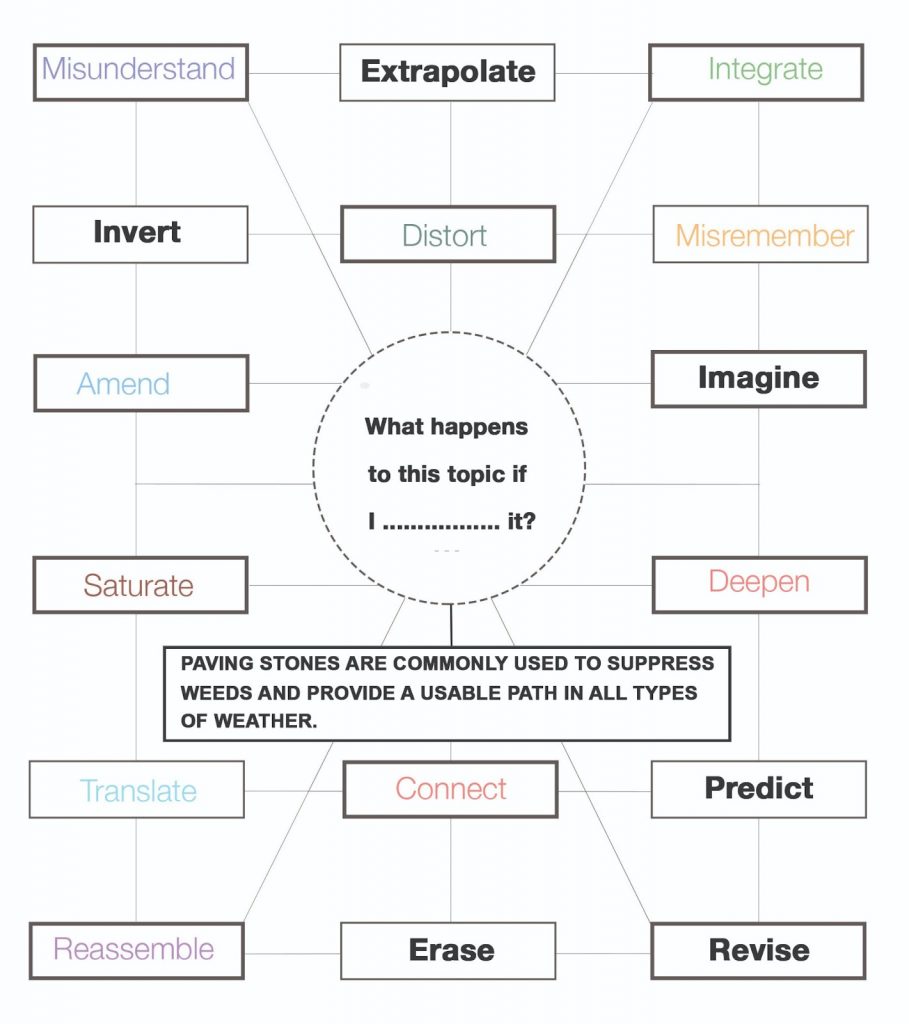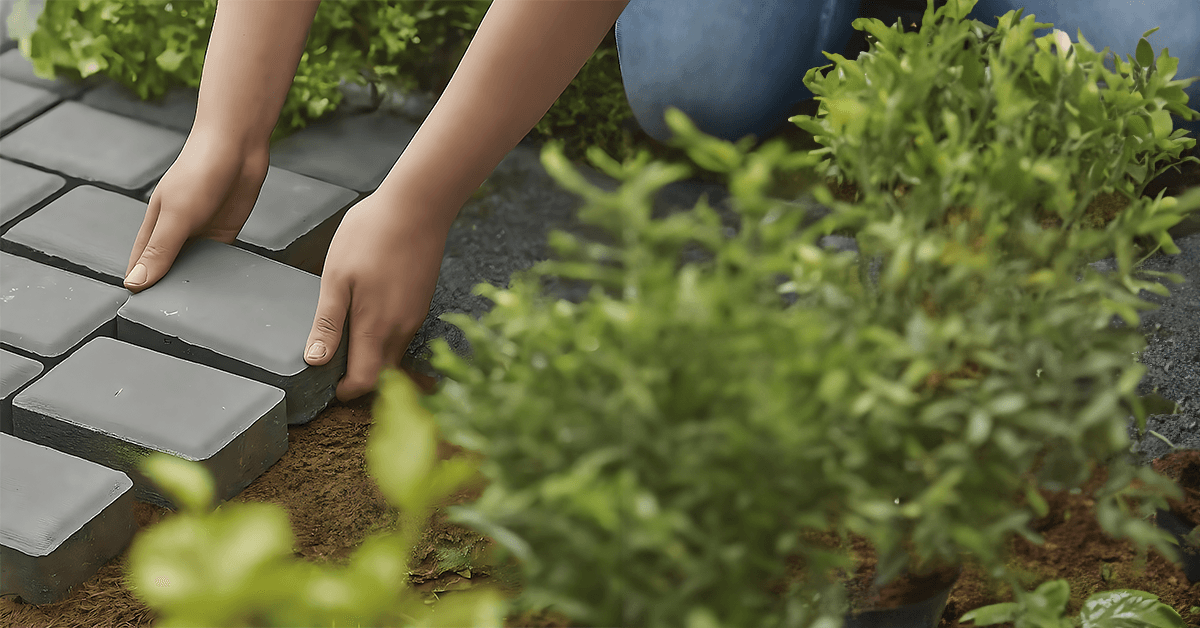May 6, 2024
Although the environment has often been seen as a divisive issue, the Pew Research Center, a nonpartisan American think tank, found that 63% of Americans believe that they will be affected by climate impacts in their lifetime. Like most parts of the world, the Netherlands are struggling with climate change and thinking of future needs. They developed a novel approach to meet their environmental targets, a ‘Tile Whipping’ national competition. ‘Tile Whipping’ encourages the removal of concrete tiles (paving stones) for the planting of flowers and grasses for biodiversity and to help with the effects of climate change, such as extreme hot temperatures and increased rainfall requiring greater drainage.
The local council sends a free Tile Taxi to collect and remove the concrete tiles from the houses of the participants in the competition, and a league table is kept to see who removes the most. This is an example of a small movement that may have a sizable impact—a creative solution that engages the public’s emotion by making environmental change a competition. The competition organizers realized they had to change the public’s view on accepting changes to a house garden, removing concrete tiles and by growing flowers and weeds. To accept that weeds have their place.
What is a weed? A weed is just a plant growing where it isn’t wanted, so any plant can be a weed. What could accepting the weeds mean literally and metaphorically for your school? It requires an open-minded approach to think differently about what defines a weed. Maybe the science students could measure moisture levels and temperatures prior to and after tile removal and plantings? This project would need both critical and creative thinkers. School environmental or green teams could survey the school grounds and discover if there are areas that could be redeveloped to improve the grounds.
What are the implications and challenges for school leadership in being a risk-taker and accepting the weed? By modeling open-mindedness and questioning accepted practices and knowledge, leaders can inspire students. There might also be financial benefits for the school such as changes to water usage and cooling costs.
Exploring environmental issues that are meaningful to students and the school community can result in positive change. One way of engaging students to explore a topic or idea is through the Harbord & Khan Thinking Tools. The Knowledge Twister Toolⓒ is a valuable resource for fostering critical and creative thinking about such topics. In this example we have used it to examine the topic, ‘Paving stones are commonly used to suppress weeds and provide a usable path in all types of weather’, however the tool can be used with any relevant topics.
What happens to this knowledge if I invert, revise, imagine, predict, erase or extrapolate it?

INVERT — Paving stones are commonly used to promote weed growth.
REVISE — Change the proportion of paving stones to natural terrain in the garden/school environment.
IMAGINE — Could paving stones be made of mushrooms instead of concrete? If paving stones are removed, how can they be repurposed? From your knowledge of science, what could happen if you tried to pave the moon or other planets?
PREDICT — What further changes can be expected due to climate change? How could removing the paving stones make a difference?
ERASE — Paving stones were never used to suppress weeds. If we didn’t have or use concrete, what impact could this have on our cities? How do students feel about erasing knowledge?
EXTRAPOLATE — What other sustainable measures could be turned into sports to capture the public imagination e.g. archery to support pollination or parkour or frisbee seed dispersal?
Bringing sports, environmental action and collaboration together under the umbrella of ‘Tile Whipping’ can inspire schools to do the same. This may appeal to students who enjoy competitive sports and gaming, as the motivator of emotional connection is always enticing to point scorers who enjoy the win. In the future schools could develop their own sustainable community sporting and e-sporting initiatives, flipping conventional practices and engaging in international competitions.
References
Boztas, S. (2024, April 4). We need to accept the weeds’: the Dutch ’tile whipping’ contest seeking to restore greenery. The Guardian.com. Retrieved April 16, 2024, from https://www.theguardian.com/environment/2024/apr/04/we-need-to-accept-the-weeds-dutch-towns-compete-to-remove-the-most-garden-paving
Tyson, A., & Kennedy, B. (2023, October 25). How Americans view future harms from climate change in their community and around the U.S. 63% expect climate impacts to worsen in their lifetime. Pew Research Center. Retrieved April 16, 2024, from https://www.pewresearch.org/science/2023/10/25/how-americans-view-future-harms-from-climate-change-in-their-community-and-around-the-u-s/#:~:text=A%20new%20Pew%20Research%20Center,get%20worse%20in%20their%20lifetime.




